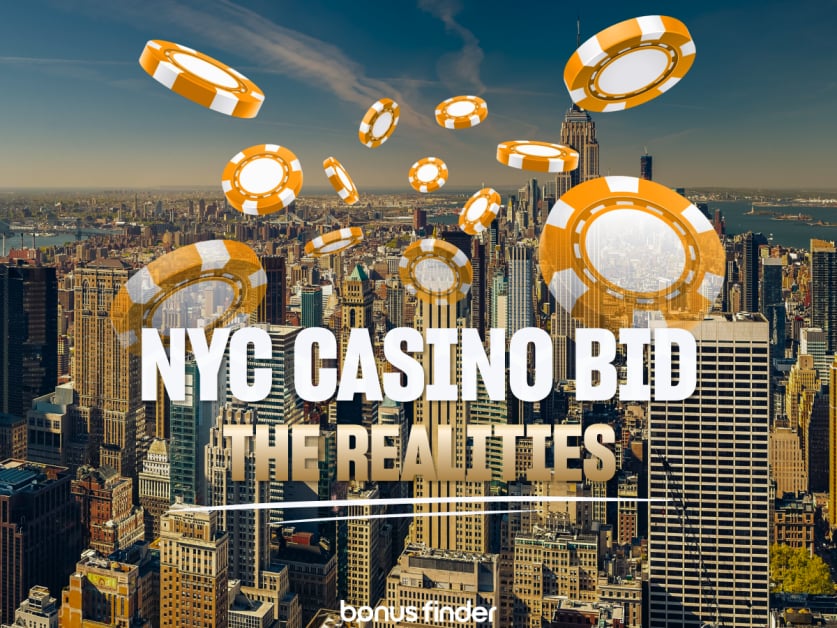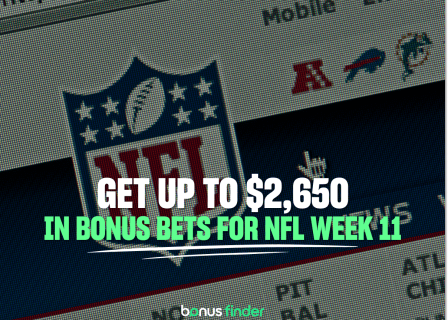After the withdrawal of the Yonkers bid, three projects remain in the race to secure a New York Casino license. And, as part of their efforts to win over locals, community leaders, and other decision makers, all have forecasted revenue totalling at least $1bn a year while also pointing to the creation of thousands of new jobs and a host of other benefits to the city. BonusFinder, an online casinos comparison site, reveals the latest on the NYC casino bid.
NYC casino promises
Such promises are nothing new. Casino developers must convince decision makers that issuing a license would be beneficial, and, to counteract the social gambling problem argument, most point to the good that state taxes and regional employment offer.
Hard Rock has promised nearly $4bn of revenue in its third year of operation. Bally’s Bronx forecasts more than $1bn a year, and Resorts World estimates $2.7bn a year from its upgraded racino. Furthermore, they have promised more than 50,000 new jobs as a result of the projects.
Certainly, initially, there will be a major boost to the local areas. Each licensee will pay a minimum of $500m, so there’s the potential for more than $1.5bn to go into the state and city coffers immediately.
Furthermore, around two-thirds of the estimated 50,000 jobs are temporary construction jobs. The projects are all estimated to be finished by 2029, at which point, it is expected that around 20,000 jobs will be created both directly and indirectly by the new venues.
However, from there, questions have been raised regarding the viability of the casinos’ claims.
The NYC casino reality
As reported in the New York Times , Jonathan Krutz of Boise State University’s College of Business has pointed out that the casino revenue won’t be new revenue once the initial interest dies down.
He said: “They’re dressed up as if they’re generating revenue that is new to the economy when it simply is not. Their target audience is then not going to be spending that money buying a used car or a dishwasher or a meal in a restaurant.”
Studies of other casinos certainly point to the likelihood that the new venues will fail to hit their own lofty forecasts, which would give them the highest revenues of any casino outside Las Vegas and Mississippi.
Encore Boston Harbor has failed to hit its own $800m forecast after six years and has endured a three-year revenue slide. Bally’s Chicago only hit half of its forecasted annual revenue.
In New York itself, only one of the existing casinos has managed to meet its forecasted revenue figures, while one has even had to be bailed out using county-issued bonds.
The new casinos will not only have to compete with existing venues. They will also come up against a sports betting market that saw a $24bn handle in the last full fiscal year.
What’s more, there are still calls for the state to regulate online casino gambling, which would add another obstacle the new license holders would be expected to have to overcome…








